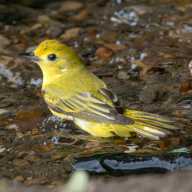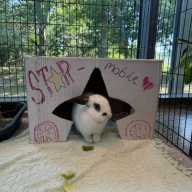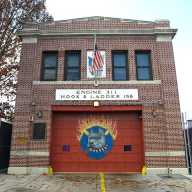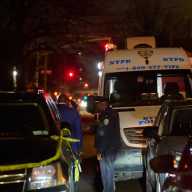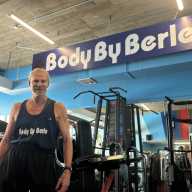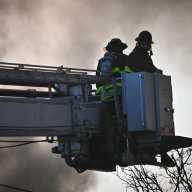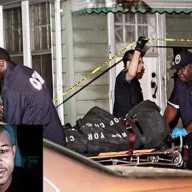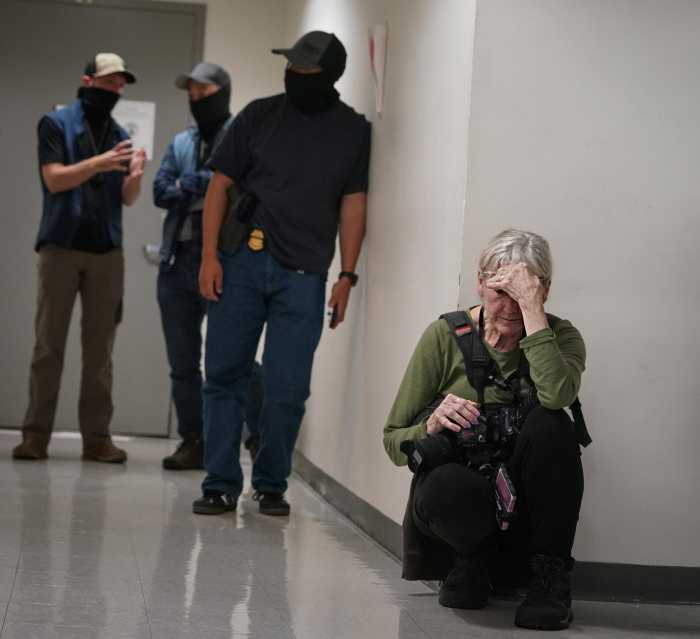When Michael Bassano, a volunteer Emergency Medical Technician (EMT) and auxiliary police officer, first heard about the terrorist attacks on September 11, 2001, he debated with which unit he would respond.
For the first few days, he volunteered with the Bayside Volunteer Ambulance Corps (BVAC), as the crew hauled supplies to and from the site, and then he switched over to the emergency unit of the auxiliary police.
“I knew that I would be more involved with the police,” he said.
For nine months - 400 hours in total - Bassano reported to what once was the World Trade Center.
Bassano, who has responded to four plane crashes and pulled singed victims from the Jamaica Bay, said he had never seen anything like the devastation of Ground Zero.
“Asbestos, fiberglass, everything burned down there. It disintegrated. It was all this mass of rubble of steel beams and concrete,” he said. “And we were breathing everything.”
As a certified EMT, he helped when rescue workers fell while sifting through the rubble, and as a volunteer police officer, a role that he has served in for 38 years, he did anything else that was needed, including jobs like replacing batteries in the devices used to scan beneath the pile.
Bassano said that part of his duty was mopping up the bathroom floors in buildings surrounding the site, so that the areas would be clear for rescue workers and other volunteers.
“When I think back, we were ringing out the water with our bare hands,” he said, explaining that the restroom floors were continuously covered in dust and debris.
By the time the cleanup closing ceremonies rolled around, workers were drained - both emotionally and physically.
Later on, friends began telling Bassano about their health problems - the “World Trade Center cough” and difficulty breathing. One friend had his lung scoped, and he said doctors found traces of five different people’s DNA.
An avid runner who has completed 31 marathons around the world, including in Sweden and Norway, Bassano believes that what has kept him healthy so far are his strong lungs. Not even his running partner, wife Christine, and his whippet named Dash, can keep up with him all the time.
He speculated that his lungs pushed any toxins out faster than the average pulmonary function, but just in case, Bassano filed his paperwork with the New York State Workers’ Compensation Board.
“I made sure that all of my papers are there,” he said.
Workers and volunteers have until Tuesday, August 14 to register a claim, after Governor George Pataki extended the deadline last year.
“Thousands worked in the toxic brew of the World Trade Center’s dust and fumes,” said Joel Shufro, the Executive Director of the New York Committee for Occupational Safety and Health. “Now, these same people are scattered across the state, unaware that they may qualify for 9/11-related workers’ compensation.”
As of February, the city estimated the number of workers and volunteers that spent time at the site at 123,084, and how many of those people are sick because of their efforts, or whose medical problems have been exacerbated because of it, remains largely unknown.
As he relocates to Texas for his job as a computer programmer in a systems group, Bassano plans to keep on the lookout for any medical problems. He beat colon cancer in 1999 and hopes not to develop another form of the disease.

